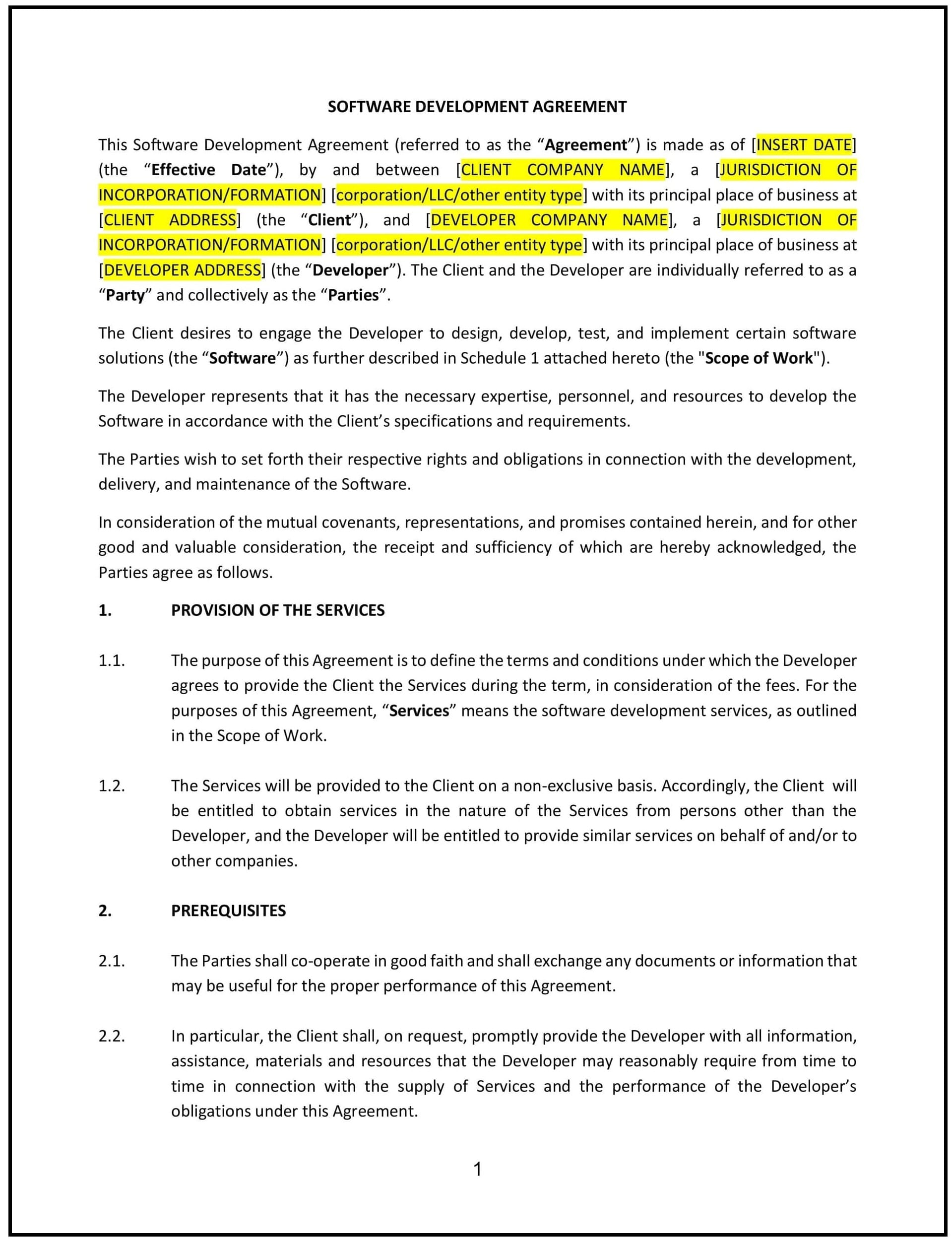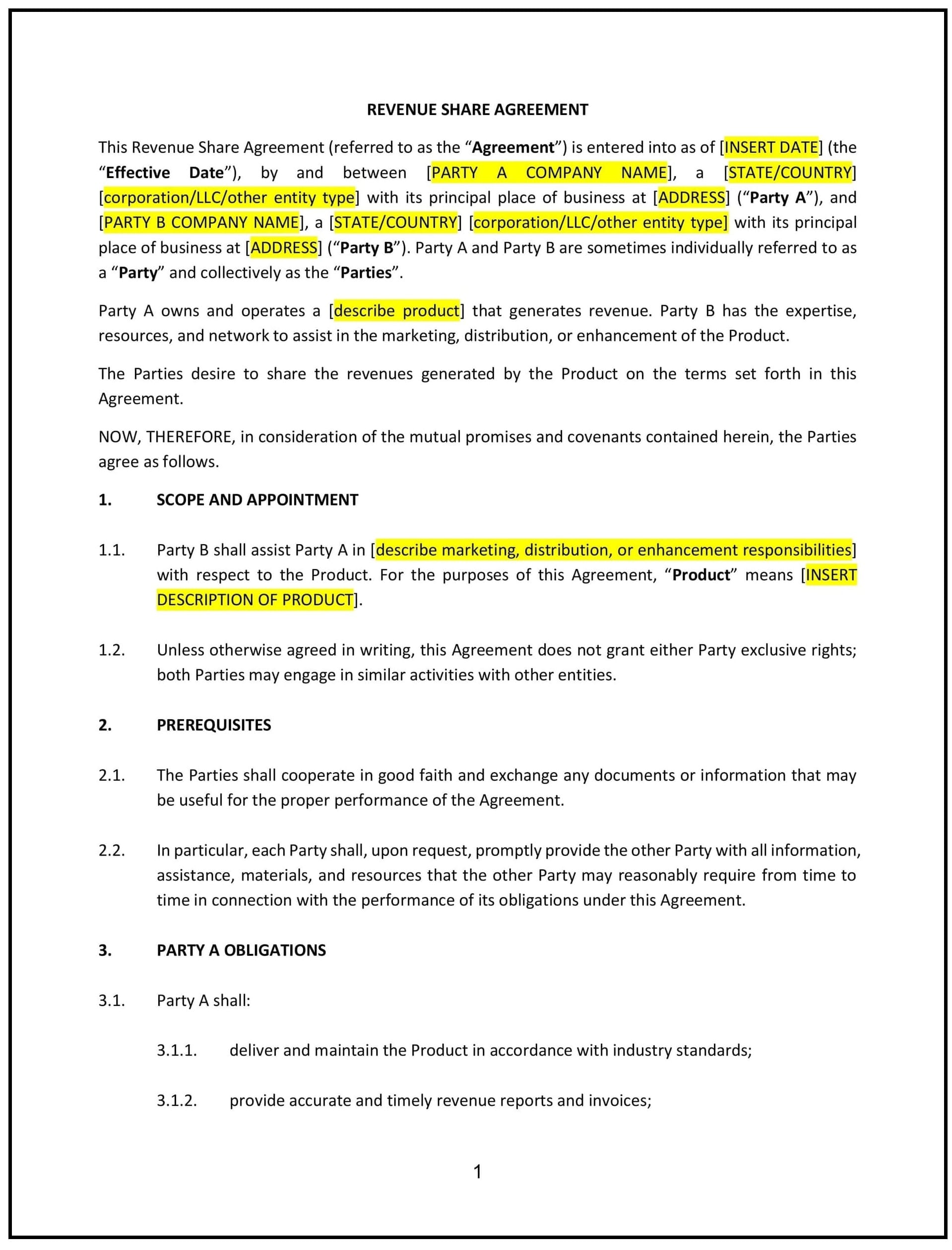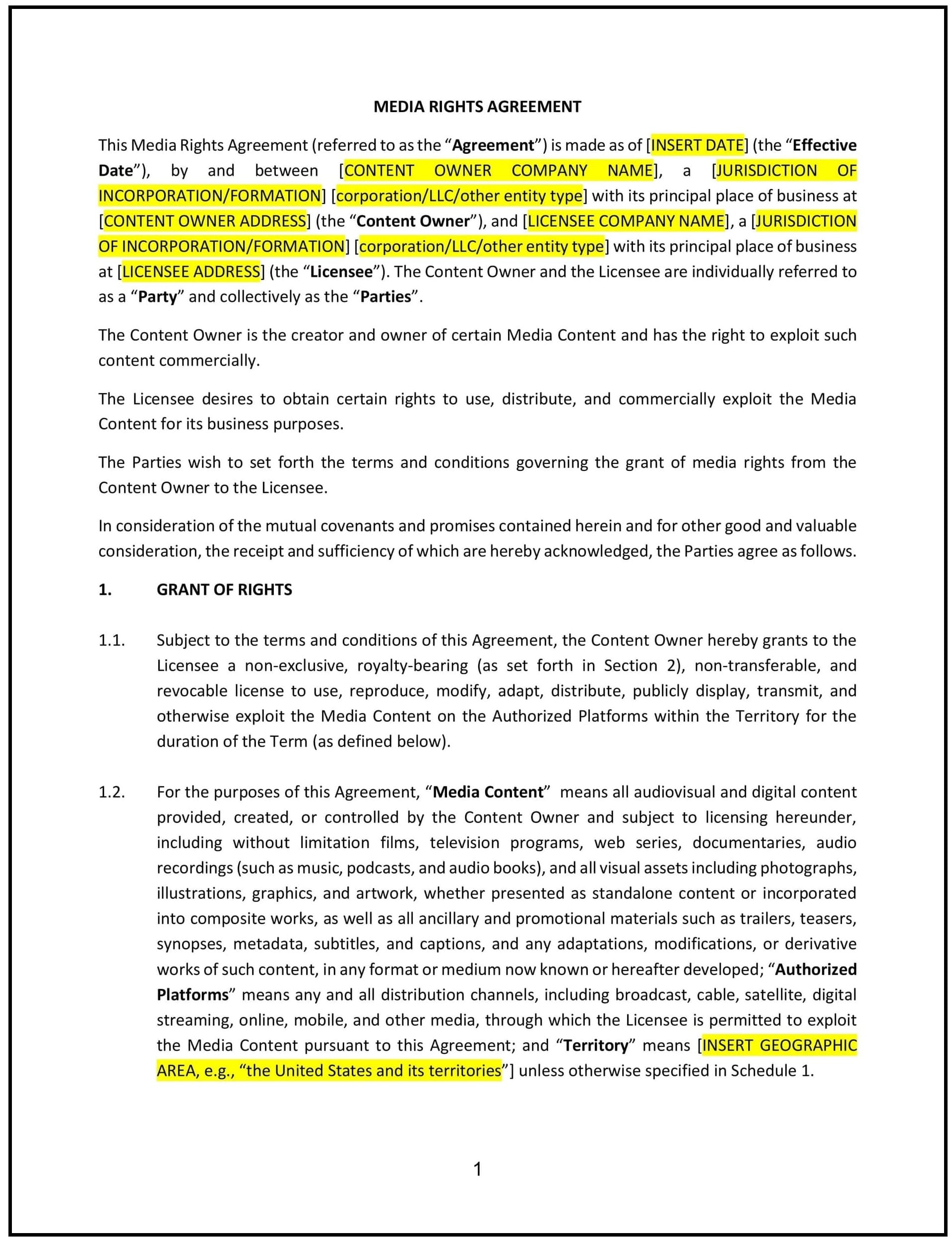Release Agreement (Mutual) (Alabama): Free template
Release Agreement (Mutual) (Alabama)
A Release Agreement (Mutual) is a legal document in which two or more parties agree to release each other from liability related to specific actions, events, or transactions. In Alabama, these agreements are governed by state contract laws and must comply with federal regulations regarding fairness and enforceability. A well-drafted mutual release agreement clarifies the terms of the release, protects all parties involved, and strengthens compliance with Alabama’s legal requirements.
For example, a Birmingham-based business partnership might use a mutual release agreement to resolve disputes and terminate their collaboration amicably. A clear Release Agreement (Mutual) helps define the scope of the release and avoids potential future conflicts.
Tips for drafting and maintaining a Release Agreement (Mutual) in Alabama
- Identify the parties involved: Clearly specify the names, addresses, and roles of all parties entering into the agreement. Example: “This Release Agreement (Mutual) is entered into by [Party A Name], located at [Address], and [Party B Name], residing at [Address].”
- Define the purpose of the release: Describe the reason for the agreement and the specific claims or liabilities being released. Example: “The purpose of this agreement is to mutually release and discharge any and all claims, demands, or liabilities arising out of [specific event, transaction, or relationship].”
- Specify the scope of the release: Clarify what is being released, including known and unknown claims. Example: “Each party hereby releases the other from any and all claims, whether known or unknown, related to [specific matter].”
- Outline permitted exceptions (if applicable): Specify any claims or liabilities that are excluded from the release. Example: “This release does not apply to claims related to [specific exclusions, such as ongoing obligations or future disputes].”
- Include confidentiality clauses (if applicable): Protect sensitive information shared during the process. Example: “The parties agree to keep the terms of this agreement and any related discussions confidential.”
- Address compensation or consideration (if any): State whether any payment, benefits, or other forms of consideration are involved. Example: “In consideration of this mutual release, [Party A] agrees to pay [Party B] the sum of [amount] within [timeframe].”
- Include termination terms (if applicable): Specify conditions under which the agreement may be terminated or modified. Example: “This agreement may only be amended or terminated in writing, signed by all parties.”
- Outline governing law and jurisdiction: Ensure the agreement specifies that it is governed by Alabama law and identifies the appropriate courts for dispute resolution. Example: “This agreement is governed by the laws of the State of Alabama. Any disputes arising under this agreement shall be resolved in the courts of [County], Alabama.”
- Include signatures: All parties must sign and date the agreement to make it legally binding. Example: “IN WITNESS WHEREOF, the parties have executed this Release Agreement (Mutual) as of the date first written above.”
Frequently asked questions (FAQs)
Q: What does "mutual release" mean in a Release Agreement?
A: A "mutual release" means that all parties involved agree to release each other from liability related to specified claims or events, ensuring no party can pursue legal action against the others for those matters.
Q: Can a mutual release agreement cover unknown claims in Alabama?
A: Yes, but the agreement must explicitly state that it applies to both known and unknown claims. Parties should also ensure they fully understand the implications before signing.
Q: Is a mutual release agreement enforceable in Alabama?
A: Yes, as long as the agreement complies with Alabama contract laws, includes clear terms, and involves valid consideration (e.g., mutual promises or compensation).
Q: Why is it important to include "governing law" in a mutual release agreement?
A: Specifying "governing law" ensures that any disputes will be resolved according to the laws of Alabama, providing clarity and consistency for all parties.
Q: Can a verbal mutual release agreement be enforced in Alabama?
A: Generally, no. Written agreements are strongly recommended to ensure enforceability and provide clear evidence of the terms agreed upon by all parties.
This article contains general legal information and does not contain legal advice. Cobrief is not a law firm or a substitute for an attorney or law firm. The law is complex and changes often. For legal advice, please ask a lawyer.


